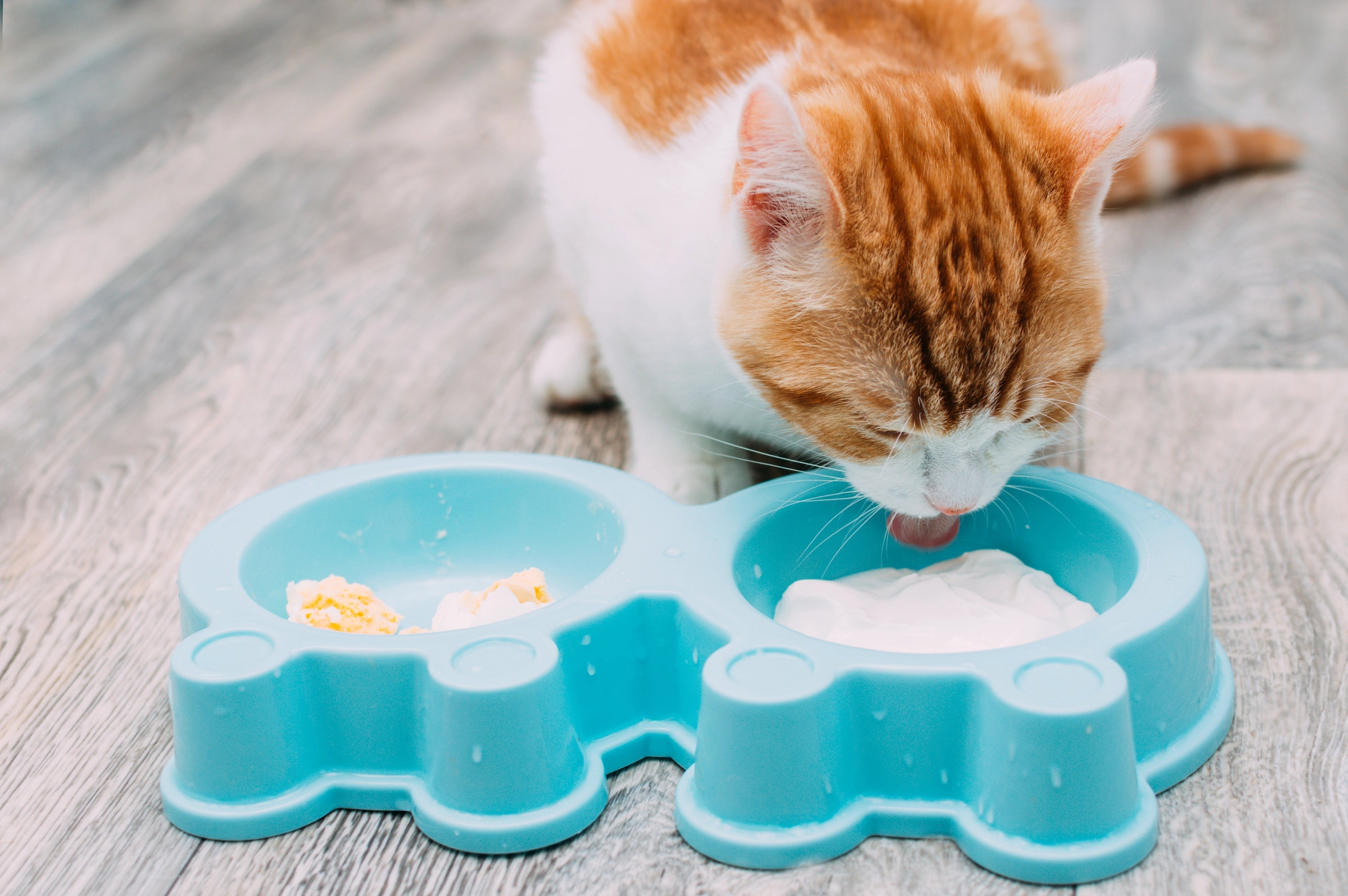Can Cats Safely Eat Eggs?
Eggs can be an excellent addition to your feline friend's diet as a high-quality protein source when properly prepared. While cats maintain a primarily carnivorous diet, eggs are an excellent source of essential amino acids and provide vital nutrients supporting their bodily functions. For adult cats maintaining healthy diet patterns, eggs can be incorporated as an occasional treat or meal topper, complementing their regular commercial cat food. Modern nutritionally complete cat food remains the primary source of sustenance, but eggs can enhance their balanced nutrition.
Nutritional Benefits of Eggs for Cats
The content in eggs makes them particularly valuable for feline health, offering essential nutrients that support various aspects of health status. The amino acids present in eggs contribute to maintaining lean muscles and promoting energy metabolism. The egg yolk is rich in fatty acids and essential vitamins, supporting coat health, brain health, and eye health. For cats requiring diet rich options, eggs provide beneficial nutrients that boost energy levels and maintain healthy skin and a shiny coat. The protein blocks in eggs are particularly digestible proteins, making them an effective protein supplement.

Safe Preparation and Serving Guidelines
When considering food safety, never serve cats raw eggs, as raw egg whites contain avidin, which affects the absorption of biotin. The ideal portion size for food form should align with your cat's caloric requirement and activity levels. As a rule of thumb, monitor for food allergies or digestive issues. When preparing eggs as human food for cats, ensure they're fully cooked without additives. This helps prevent food poisoning and supports proper nutrient requirements.
Risks and Precautions
While eggs can be a healthy treat, specific health concerns need attention. Some cats may develop common food allergy symptoms or experience digestive systems issues. Watch for signs like excessive grooming, irritated skin, or itchy skin. Raw egg whites can lead to bacterial infections or coli infections, potentially causing fatal health issues. Consider your cat's health condition and consult a veterinarian about incorporating eggs into their diet plan.
Portion Control and Frequency
Managing portion control is crucial for maintaining balanced diet standards. Cats typically need 200-300 calories daily, so carefully monitor extra calories from eggs. As an ideal treat, eggs should comprise no more than 10% of their daily calories. For lean breeds and cats requiring cat food adjustments, consider eggs as part of their complete nutrition cats need, but maintain them as supplementary to their normal food routine. This approach ensures proper energy production while avoiding excess calories that could impact their health in terms of weight management.

Added Considerations for Special Cases
Different cat breeds may have varying tolerances to eggs as additional treats. When introducing eggs to your furry friend's diet, start with small amounts and observe any changes in their immune health or joint health. Adjust the egg portions accordingly for cats on grain-free cat food or following a specific kitten-formulated diet. While eggs can provide anti-inflammatory omega-3 fatty acids and support bone health, they should never replace complete food sources like dry food or frozen and freeze-dried raw food.
Making the Right Choice for Your Cat's Egg Consumption
Understanding the role of eggs in feline nutrition empowers cat owners to make informed decisions about incorporating this nutritionally complete food into their pet's diet. While eggs offer impressive health benefits and serve as an excellent source of essential nutrients, moderation remains crucial. Following proper preparation methods, adhering to recommended portion size, and monitoring your cat's response ensures a safe and beneficial addition to their balanced diet.
Remember these key takeaways:
- Always serve fully cooked eggs
- Limit treats to 10% of daily calories
- Watch for signs of food allergies
- Maintain eggs as a supplement to commercial cat food
- Consult with a veterinarian about your cat's specific nutritional requirements
When introduced properly, eggs can be a valuable addition to your feline friend's diet, supporting their overall health and providing a nutritious alternative to conventional treats. The decision to include eggs should always consider your individual cat's health status, preferences, and dietary needs.




















